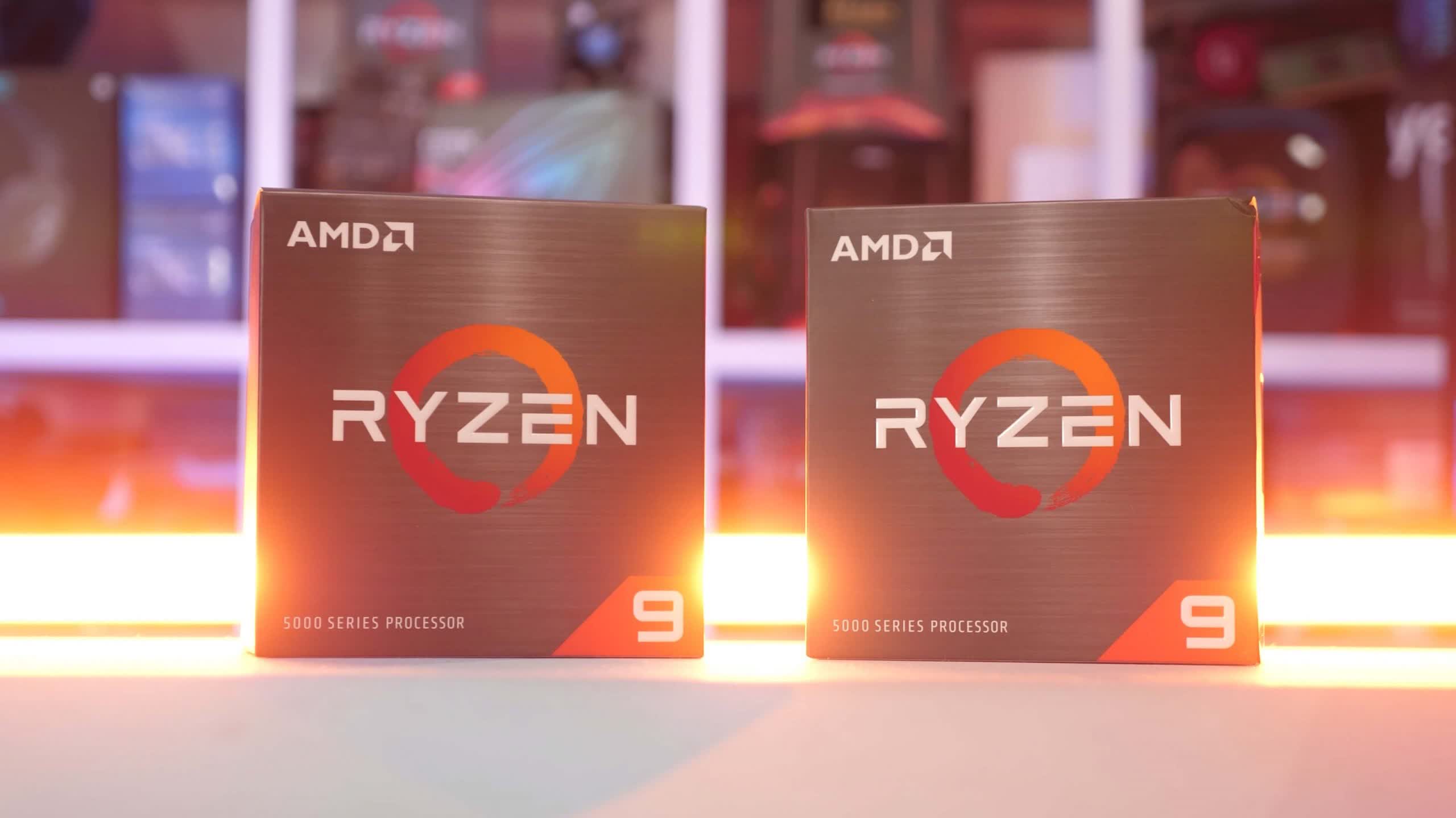So let's say you have the same setups as Steve is using in the testing, and you run the same power test all the time. The difference between the two systems is 64 watts, so a full day of non-stop Blender benchmarking equates to 1.536 kWh. The average US cost per kWh of electricity is $0.1269 and with the current difference in CPU prices being around $95, that would take 487.4 days of non-stop Blender benchmarking to cover that amount.
While there's obviously considerable variance in kWh cost by state, how many people are going to be purchasing a Ryzen 5 5600X with the sole purpose of benchmarking Blender 24/7 or any high power consumption operation continuously for day after day?
just as a comparison: in Belgium is the current average cost about $0.29 per kWh.
So when you would run the Blender test non stop 365 days, the 5600X would save you about $163 each year.

